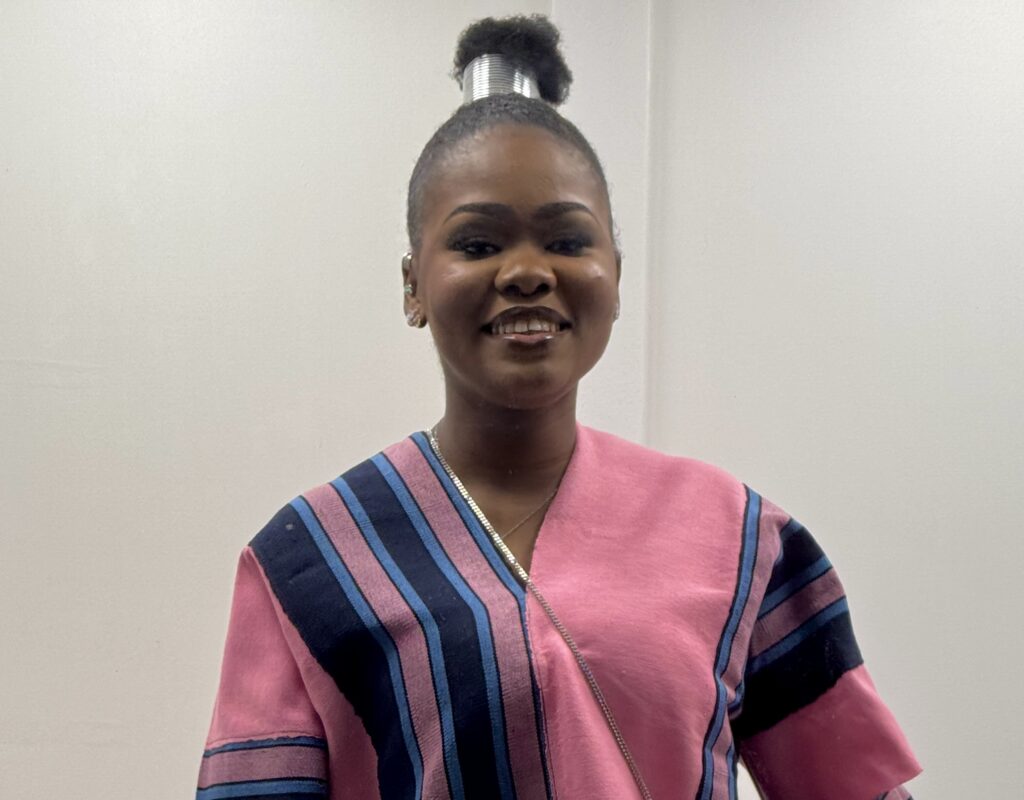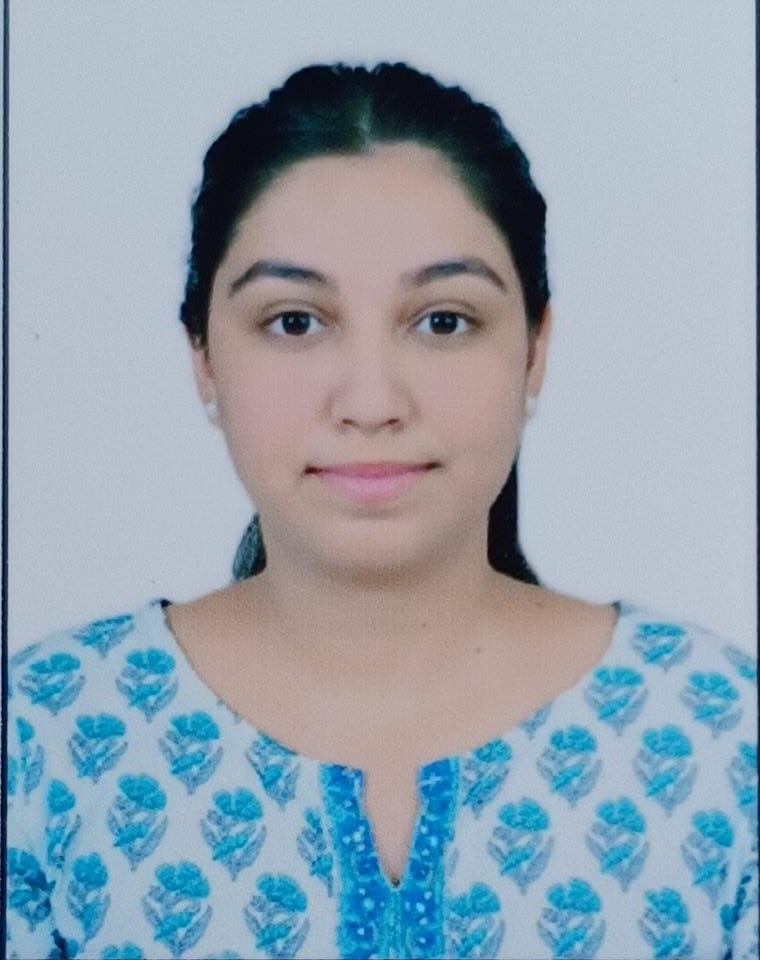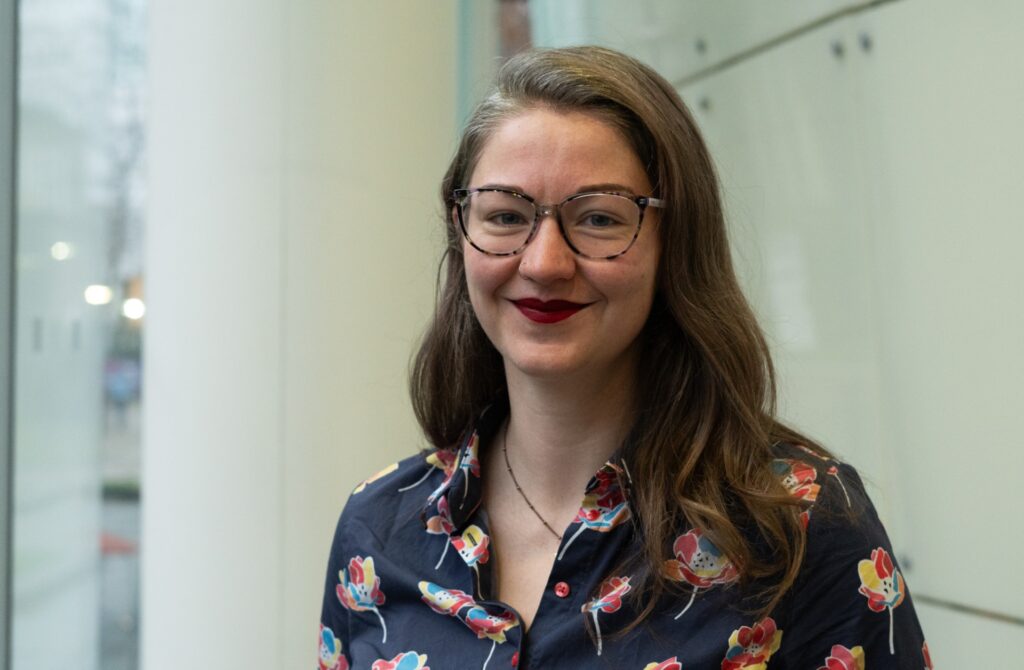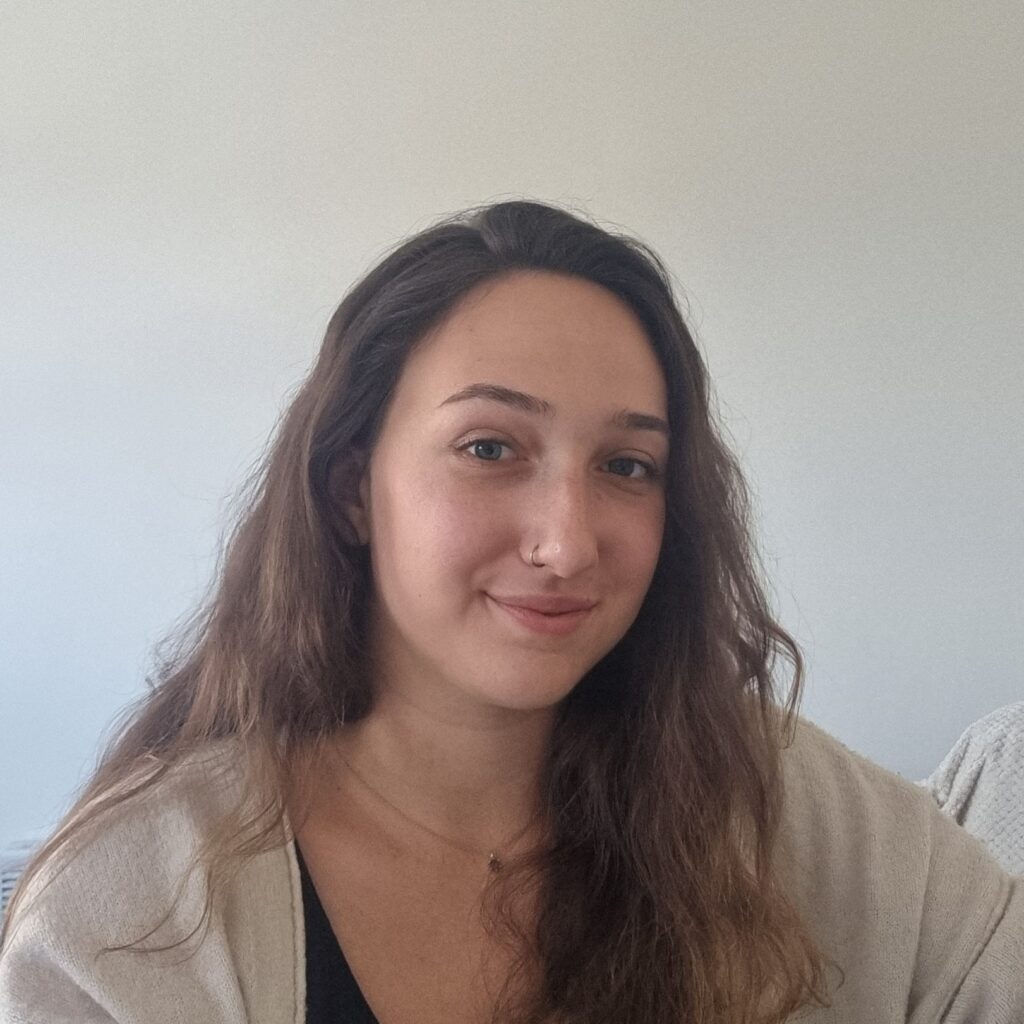

Tuesday 27th May 2025
Edinburgh Napier University – Craiglockhart Campus
Welcome to the information pages for the Scottish Institute for Policing Research Postgraduate Symposium 2025
#PGSymposium2025
The Scottish Institute for Policing Research Postgraduate Symposium 2025 will take place on Tuesday 27th May 2025 at the Craiglockhart Campus of Edinburgh Napier University.
Lunch and poster viewing will be in the Chapel and all other activities will be in the Rivers Suite.
The event will close with the award ceremony where we will award prizes for best presentation (which will be determined by a panel) and best poster (which will be determined by popular vote).
Dr Amy Burrell, Research Fellow, University of Birmingham
In her talk, she will talk about her career path, reflecting on the decisions she has made along the way, and sharing her top tips for career planning. If you want to contact her post event her email is a.burrell@bham.ac.uk
August Ramsay – Investigating the experiences of transgender victims of hate crime in Scotland with attention to the motivations and barriers of reporting hate crime
Lucy Mackay – Comparative Policing Approaches to Enforcing Offences Tackling Misogynistic Harassment in Europe
Dr Konstantinos Kosmas Gaitis – Legal Challenges in Tackling AI-Generated Child Sexual Abuse Material Across the UK
Julia Zauner Justice Beyond the System: Victim-Survivor and Police Perspectives on Preventing Image-Based Sexual Abuse
Sam Conway “The child needs to know that you’re not a cartoon character!” The benefits and challenges of using avatars during forensic interviews with children.
Belinda Onyeashie – Title Forthcoming

Dr Amy Burrell is a Research Fellow at the University of Birmingham. She has a BSc in Applied Psychology (Durham University), MSc in Forensic Behavioural Science (University of Liverpool) and a PhD in Forensic Psychology (University of Leicester). She has also completed a teaching qualification (Birmingham City University). Amy has had a varied career so far holding roles inside and outside academia. Amy has worked at 5 universities as well as the commercial sector with roles including researcher, training manager, lecturer, external examiner, and even a wedding registrar at one stage. She has faced redundancy, precarity, and unmanageable workloads. She often works across multiple contracts, balancing her research work with guest lectures, writing textbooks, and being on the editorial board for journals. Amy is a keen advocate of volunteering as a way to give back but also enhance our own skills and has held various volunteer roles (e.g., research network for the Alzheimer’s Society, being on the board of charities, and chairing a local citizen panel for the police).

August Ramsay (24, they/them) is a PhD researcher at the University of the West of Scotland, studying criminology. They studied Psychology MA and Psychological Research Methods at the University of Dundee. They are currently researching the impact of transphobic hate crime in Scotland with the aim of developing suitable aid for transgender victims of hate crime

Julia Zauner (she/her) is a doctoral researcher and lecturer in criminology and sociology at Glasgow Caledonian University. Her doctoral research focuses on image-based sexual abuse among Scottish adults where she investigates impacts on survivors, their experiences with the criminal justice system, and their understandings of justice. In addition to her doctoral work, Julia is engaged in a research project that seeks to explore how harm is understood, prevented, and responded to within virtual communities. Her wider research interests include gender-based abuse, cybercrime, media and crime, feminist theory, and queer theory.

I am a Psychology PhD student at Abertay University in Dundee. I started my PhD in June 2021. My research focuses on how the use of novel technologies (such as avatars) might assist forensic interviewers with eliciting disclosure and improving episodic memory from child witnesses. In 2019, I graduated with a BSc in Psychology from Abertay University. In 2020, I graduated with an MSc in Forensic Psychology from Glasgow Caledonian University, where my dissertation focused on exploring police officers’ experience of burnout and unfair working conditions. My research interests are in applied memory research and investigative interviewing. I am particularly interested in how technologies might be used to improve eyewitness memory and forensic disclosure processes. I am interested in working with young people in forensic settings, human-computer interactions, and artificial intelligence, as well as missing persons’ research.

My name is Belinda, I am a third year digital forensics PhD candidate at Edinburgh Napier University. My research is focused on trusted evidence trails and timeline for law enforcement during an investigation. I am actively researching digital evidence management with a focus on the technological and human factors. Proper evidence management is required during and after an investigation to uphold our laws. It is also needed to ensure continuous trust in the police and judiciary. My research aims to identify best practises and solutions for managing digital evidence in this big data era.

Esme O’Donnell is a third-year PhD student at Edinburgh Napier University. Her thesis explores the role of frontline police officers in encouraging public compliance during times of crisis, using the COVID-19 Public Health Regulations in Scotland as a case study. Her current work focuses on officers’ experiences of discretion and enforcement in ethically and socially complex contexts, particularly where professional expectations complicate officers’ sense of self-legitimacy. Her previous work applied queer theory to critique hetero- and cis-normativity in criminological discourse.

MD Rezaur Rahman (known as MD), originally from Bangladesh, has called Scotland home since 2009. A proud Global Citizen, he is committed to building an inclusive society where future generations have equitable access to resources, well-being, and opportunities. MD completed his master’s degree in 2022 and is currently pursuing a PhD at Queen Margaret University, Edinburgh. His research, funded by Police Scotland, explores the impact of social mixing activities on promoting connectedness and social cohesion in West Lothian, Scotland. Deeply committed to community engagement and influencing policy, MD currently works as a Community Relationship Specialist with Police Scotland. In this role, he focuses on strengthening trust and collaboration between the police and minoritised communities through meaningful partnerships and service improvements.

Andy is a retired Police Officer currently reading for his PhD at Abertay University. His PhD is analysing the impact of the Public Health Response to the County Lines Illicit Drug Dealing Model. He has a particular interest in the motivations behind involvement in dealer models and neoliberal methods of crime control.

I am a postgraduate student in Forensic Science at Abertay University, originally from India. I hold both a bachelor’s and a master’s degree in forensic science, with a particular focus on fingerprint analysis and questioned document examination. My current research aims to improve the development of latent fingermarks on challenging surfaces, specifically thermal paper, which is commonly found in receipts and documents. The study explores the use of alternative light sources (ALS) and chemical techniques to enhance fingermark visibility without damaging the substrate. This work supports frontline forensic practitioners by identifying practical, non-destructive methods for recovering evidence in real-world scenarios. I am currently in the second phase of my research, examining how fingermark visibility changes over time and which ALS wavelength ranges offer the best results. Looking ahead, I aspire to pursue a PhD in forensic science and continue research that strengthens the connection between laboratory innovation and operational forensic practice. I am also actively involved in outreach events at Abertay University, promoting forensic science to prospective students.

My name is Rebecca Paterson, and I currently work at Ayr Police Office as a Constable in Response. I have 14 years service and have worked in various policing departments. Throughout working in the police the question of ‘how can we make it better?’ is always asked. This question always gets negative reaction due to typical Policing cynicism, but it has not stopped me from wanting to be part of making it better for the public, police officers and staff. Last year I completed a Masters in Psychology with a Specialisation in business at Strathclyde University part time and online whilst working full time. I am passionate about progressing in a career in psychology and creating better policing practices for crime that is continually adapting to a fast-changing environment. My Empirical Project involved researching the Pedal Project Initiative in line with choice architecture, namely Nudge.

Hannah is working on two PhD’s, both in the area of protecting the police workforce wellbeing, and works closely with the National Police Chiefs Council and the National Armed Policing Co-ordination Office to develop evidence based policy to benefit the long term mental health outcomes of police officers working in specialised and covert roles. Hannah is an expert in police related trauma, and as a counsellor, takes referrals from two UK police charities to help officers understand that trauma is not a terminal illness, and there is hope for recovery. She runs trauma and alcohol workshops for police personnel. In 2017 Hannah was on the TRiM team supporting emergency services in the aftermath of the Grenfell Tower tragedy, and is also a TRiM specialist in incidents involving suicides and sudden deaths, particularly in public places such as bridges and railways.

Lauren Morgan is a PhD student at the Aston Institute for Forensic Linguistics, within Aston University, Birmingham. She has a BSc in Psychology (Aston University) and an MA in Forensic Linguistics (Aston University). Her research focuses on investigative interviews with Deaf British Sign Language (BSL) users, involving a linguistic analysis of authentic police interview recordings, and experimental work looking at how those interviews are perceived when they are presented in court. Prior to her PhD, Lauren worked as a university Disability Advisor and is an Accredited Member of the National Association of Disability Practitioners (NADP). Lauren is also currently President of the Aston Postgraduate Research Society and enjoys dinghy sailing in her spare time.

Zsofia Kovacs-Bodo is a MSc Psychological Research Methods student at the University of Stirling, with a focus on face recognition and the effects of facial aging. Her interest in this field began with her undergraduate dissertation project, which has been expanded through the EPS New Graduate Bursary and is currently continued as part of her MSc dissertation. Although early in her academic career, Zsofia has already had great opportunities, such as participating in the EPS face identification workshop and co-authoring a review with her peers for The Cognitive Psychology Bulletin.